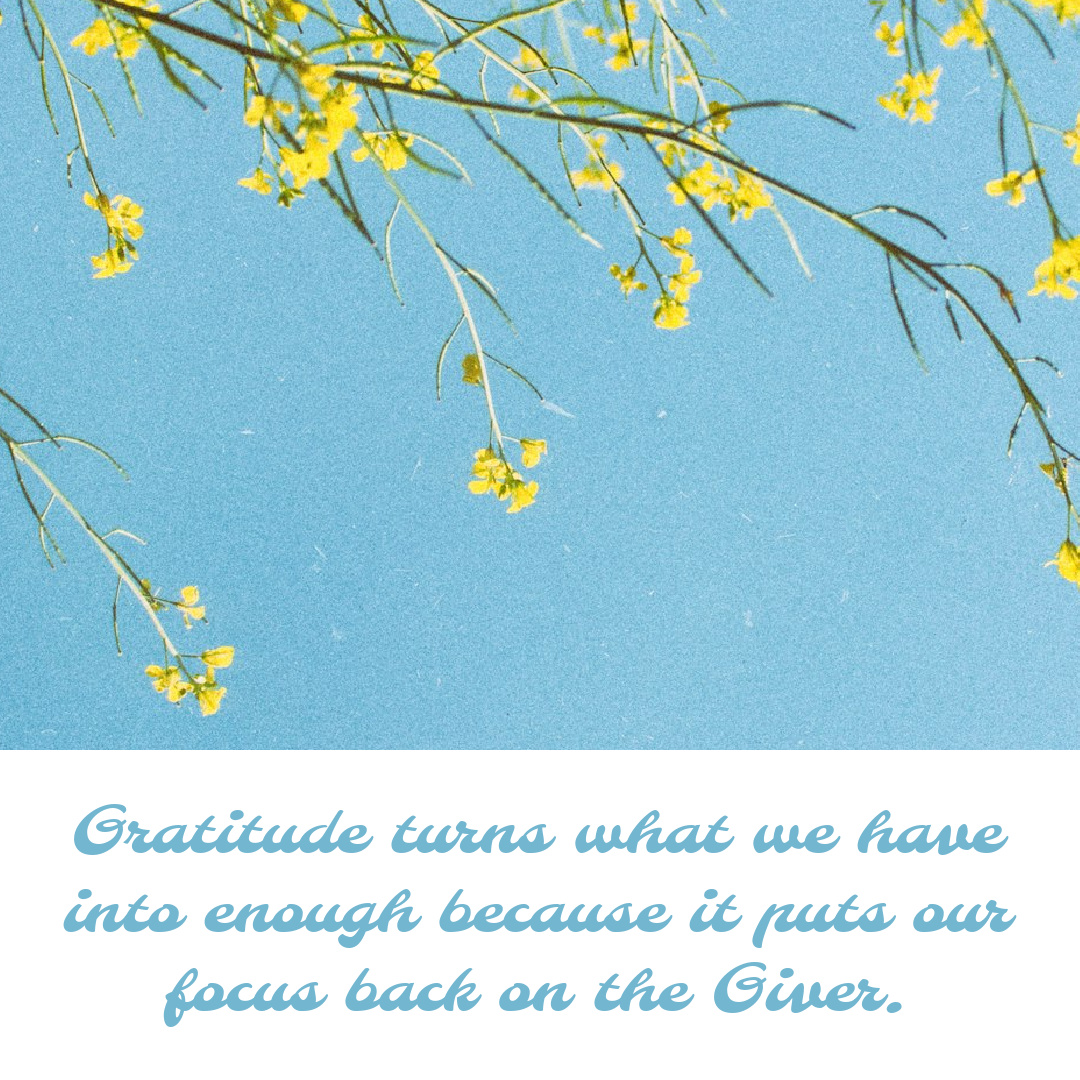I’m part of a Women’s Bible Study this year called Faithful in the Mess. It’s a fitting title for this study on individuals in the book of Genesis, whose lives were indeed very messy, but through whose stories the Lord demonstrated His love and faithfulness.
Amid the cast of broken characters whose stories we’ve been is exploring are Jacob (son of Isaac and grandson of Abraham) and his wives, Rachel and Leah. The fact that that last sentence included the word “wives”—plural—is an indication of how messy this family was! Jacob’s first encounter with Rachel, the love of his life, occurred shortly after he fled the place of his birth to escape his murderous brother, Esau (whom Jacob had cheated and deceived—yet another messy story!). Rachel was the daughter of Jacob’s uncle Laban, and Jacob immediately fell for this cousin who was “lovely of figure and was beautiful.” Jacob’s love for Rachel was so great that he offered to work for his uncle Laban for seven years in exchange for her hand in marriage. Laban agreed, and “Jacob served seven years to get Rachel, but they seemed like only a few days to him because of his love for her” (Genesis 29:20).

After seven long years, the wedding day arrived, but it was not the happy event Jacob had anticipated. His uncle Laban was not exactly an upstanding guy (guess it ran in the family) and on the wedding night, Laban subbed out Rachel—Jacob’s beloved—for Rachel’s older sister, Leah, who is described only as “having weak eyes” (possibly a euphemism for being unattractive). Leah was veiled throughout the wedding celebration and it wasn’t until the next morning that Jacob awoke to find he had been tricked into marrying the wrong woman. Jacob was furious and demanded an explanation, to which Laban unapologetically replied, “It is not our custom here to give the younger daughter in marriage before the older one. Finish this daughter’s bridal week; then we will give you the younger one also, in return for another seven years of work” (Genesis 29:26-27).
Jacob conceded to Laban’s terms and eventually became husband to both sisters (as well as each of their maid servants, bringing the female/male ratio in this “marriage” to a frightening 4:1). Needless to say it was an unfortunate start to a hopelessly disastrous home life. In the decades to come, none of our three leading characters saw their ultimate desires fulfilled. Leah longed for the love of her husband, and spent her life giving him sons in the hope that this would eventually earn his attention and favor (it didn’t). Rachel had Jacob’s love, but all she wanted was to be a mother. After years of infertility, Rachel did produce two sons, only to die during the birth of her second. As for Jacob, he had more wives and children than he could handle, yet his household was disrupted by the squabbles of his wives and the poor behavior of his sons; he never knew the peace and wholeness of a joyful family.
[SIDE NOTE: This story is a sad one; thank goodness God chose to extend the Bible past the first thirty chapters of Genesis, leaving plenty of time for Him to bring redemption from these fractured, broken stories. We know that Jacob’s sons were the beginning of the family of Israel, God’s chosen people. God proved His faithfulness to the Israelites again and again, establishing that they were “a people holy to the Lord your God. The Lord your God has chosen you out of all the peoples on the face of the earth to be his people, his treasured possession” (Deuteronomy 7:6). The greatest redemption of all eventually came through Jesus, who descended from this dysfunctional family and made a way for us—with all of OUR disfunction—to be adopted as sons and daughters as well, joining the Israelites as “God’s treasured possession.”]

Going back to Jacob, Leah, and Rachel: as we studied their stories, our teacher highlighted the lack that each of them felt in lives that never saw their deepest dreams fulfilled. This is not unique to Jacob, Rachel, and Leah; every one of us has shared the experience of wanting something we can’t have. It may be a school we didn’t get into, a job that remained out of reach, a romantic interest that never materialized, a longing for children that was never satisfied, an illness that was not healed, a loved one whose life was not preserved, a dream home that never was. . . . the list goes on. Like Leah, Rachel, and Jacob, we can spend our lives pining after what we may never have, but this approach is a recipe for disappointment and despair.
Praise God that we have another option: we can replace our pining for what isn’t with gratitude for what is. This won’t lead to the fulfillment of our desires, but it will lead to a sense of peace, wholeness, and contentment in the lives we are actually living. Gratitude takes our focus off of our own discontent and resentment, and it allows us to feel contentment IN THE MIDST of our lack. It transforms what we have into enough because it turns our attention toward our Creator and our Provider, who Himself is our greatest gift and blessing, and the ultimate answer to the question of “what do I want and need?”

In church a few weeks ago, our pastor introduced us to one of our missionary partners—a man named David who is a giant in stature (he’s 7’2″) and faith, living in Sudan. David’s home is small and modest, and his resources are meager; he identifies primarily as a pastor and church planter, but builds chairs on the side to provide for his four adopted children. This small income allows for the five family members to eat one small meal each day. But as we watched a video of David, I didn’t get a sense of his poverty or hunger. Instead, his face exuded joy: he is excited about the fifteen churches he has planted and the thousands who have come to faith through all that God is doing in his part of the world. David feels a sense of purpose and fulfillment, expressing gratitude for his mission partners, for his family, for his churches, and for the Gospel of Christ that is being preached in the midst of poverty and persecution in Sudan. There is so much that David could be longing for, so much that could leave him feeling resentful; instead, he is grateful and his gratitude has given birth to joy as he focuses on the gifts of the True Giver.
David’s story was a beautiful one to see, and it left me convicted. His joyfulness amidst the utmost lack stands in stark contrast to my own ingratitude and entitlement. On any given day, I may find myself resenting my kids’ poor behavior, or my mental health woes, or the glamorous homes and vacations of my peers. I wallow in the parts of my life that I find lacking, all the while ignoring the countless blessings that are hiding in plain sight: the running water and electricity; the steady income; a beautiful home and wonderful family; a healthy pregnancy; a fridge and pantry overflowing with nutritious food; a closet full of more clothes than I know what to do with; a church home that we love; a country where I am free to hold and share my personal beliefs; MY SALVATION AND AN ABIDING RELATIONSHIP WITH MY LORD AND SAVIOR.

Psalm 92 is a song of gratitude to the Lord, praising Him for His blessings and declaring His love and faithfulness throughout the day and night. The psalm expresses immense joy for the Lord’s good works. As I commit these verses to memory this month, I am also exercising my own gratitude muscles: for my monthly challenge in March, I have been making daily gratitude lists in which I recognize God’s blessings in my everyday. This act of listing out my blessings is a small practice with immense benefits. As I thank the Lord for all He has given, I am intentionally turning my back on my perceived lack so that I can focus on all that I have that is truly more than enough. In this, God is redeeming my own misconstrued perceptions of all that I want or feel I deserve; He is replacing my entitlement with Himself, the source of my salvation and my joy, the Giver of every good gift, the One who is always enough.